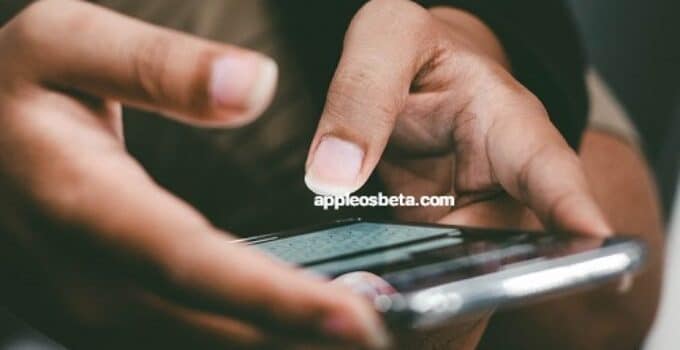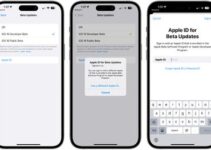iOS 16, the keyboard with haptic feedback can reduce battery life. The new iOS 16 introduced a new haptic feedback option for the default virtual keyboard. When enabled, iPhone emits a slight vibration after each key touched while typing, providing the user with tangible confirmation that the button was actually pressed. The feature is certainly useful, however it does have its downsides: Apple informs users that it can affect battery life.
How do you know which app is using the most battery on your iPhone or iPad?
So writes the Cupertino multinational in an official support document:
“Enabling haptic feedback for the keyboard could affect the battery life of your iPhone”
Apple does not provide further details, so it is unclear exactly how badly it can affect the battery. Note that low power mode does not disable haptic feedback, so the only option for users who are concerned about the potential impact on battery life is to keep the feature off.
Any software function running on an iPhone obviously affects battery life, but that Apple has seen fit to make explicit is remarkable. Evidently, we add, the negative impact on autonomy could be important, or easily perceptible.
In any case, those wishing to try the function, perhaps discovering how much autonomy the function “eats”, can enable tactile feedback for the keyboard by opening the Settings app, tapping Sounds and haptic feedback → Keyboard feedback, and finally activating Haptic feedback. The same switch can be used to deactivate the function at any time, which however remains deactivated by default.
The feature is available on iPhone 8 and later versions running iOS 16 or later and uses the Taptic Engine inside iPhones.



